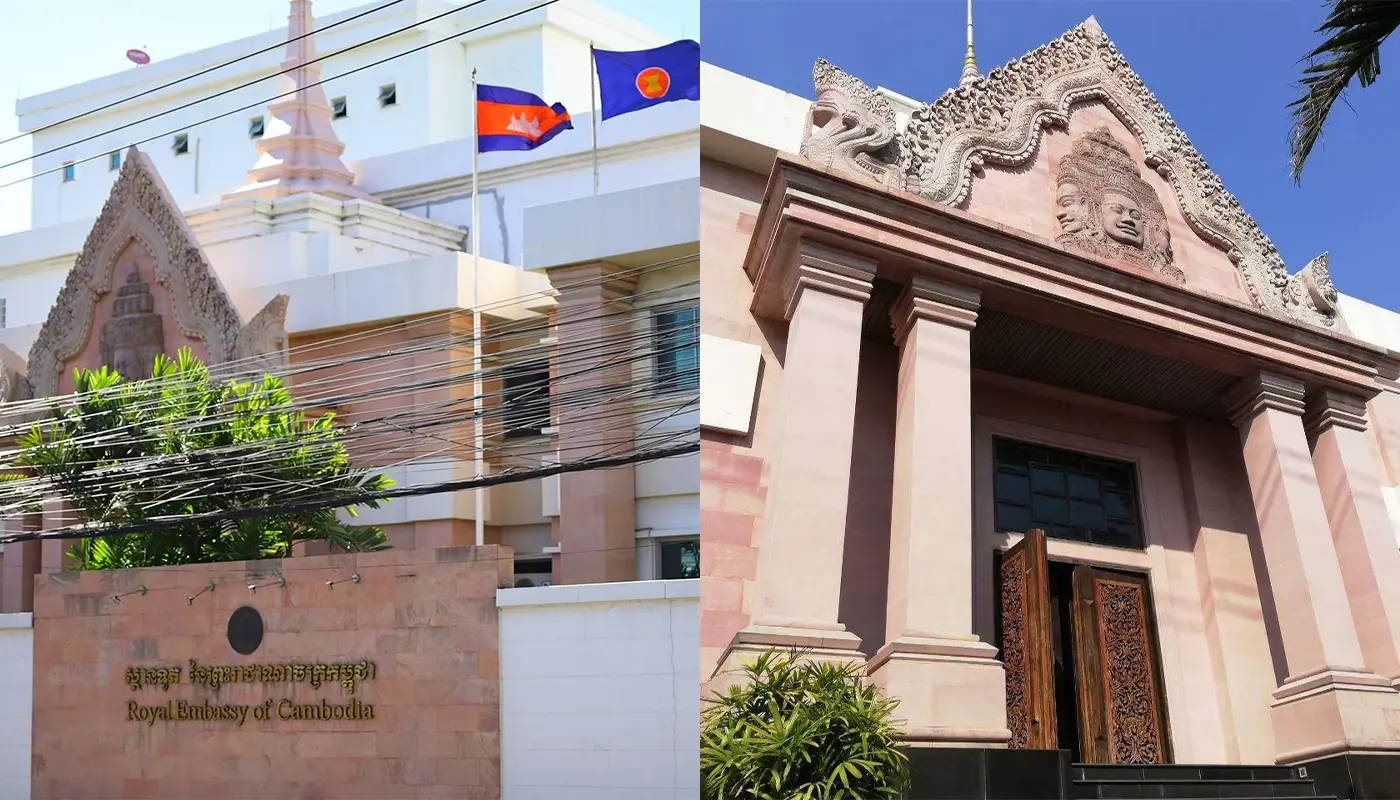BANGKOK – A new landmine incident has sharply escalated already heightened tensions between Thailand and Cambodia over their disputed border.
On July 16, three Thai soldiers were wounded—including one who lost a foot—after stepping on a landmine during a patrol in the Chong Bok (Emerald Triangle) area between Thailand’s Ubon Ratchathani province and Cambodia’s Preah Vihear province. Thai authorities assert these landmines are freshly planted Russian-made PMN-2 devices, not part of Thailand’s arsenal.
Thailand’s Ministry of Foreign Affairs condemned the incident as a grave violation of international law and declared it plans to pursue action under the Ottawa Treaty banning anti-personnel mines, while simultaneously urging Phnom Penh to join humanitarian demining efforts agreed between the two governments.
Cambodia has strongly rejected the Thai accusation, claiming that the soldiers had deviated from designated patrol routes and triggered an old unexploded ordnance dating back to past conflicts. Cambodian officials imply the incident may have been staged to provoke a wider confrontation.
Investigators discovered up to ten PMN-2 mines between July 18 and 20 in locations near the incident site. Thailand’s Mine Action Centre has launched official investigations, while actively countering Cambodian claims with evidence that allegedly shows mounting inconsistencies in Phnom Penh’s narrative.
This incident comes amid an escalating border crisis that began with a May 28 skirmish in which a Cambodian soldier was killed. The fallout triggered military reinforcements on both sides, economic and media bans, diplomatic protests, and Thailand’s Prime Minister Paetongtarn Shinawatra being suspended amid political turmoil linked to her handling of the dispute.
Despite this breakdown, Thailand maintains it is prepared to engage at the Thailand‑Cambodia Joint Boundary Commission, seeking resolution through bilateral diplomacy rather than international litigation, although Cambodia has already moved to involve the ICJ—a route Bangkok opposes.
Both governments continue to present sharply conflicting versions of events, with Thailand demanding Cambodia end disinformation and illegal activities, while Phnom Penh accuses Bangkok of provoking nationalist sentiment and unilaterally closing border crossings.
| Issue | Implication |
|---|---|
| Sovereignty Claims | Ongoing colonial-era border disputes remain unresolved and deeply symbolic to both nations. |
| International Law | Thailand’s invocation of the Ottawa Treaty and ICJ involvement contrasts with Cambodia’s resistance to external adjudication. |
| Domestic Politics | Nationalist fervour is rising in both countries, destabilising leadership in Thailand and fuelling public protests in Bangkok. |
| Regional Stability | ASEAN’s cohesion is tested, with external powers like China and Malaysia urging restraint. |







